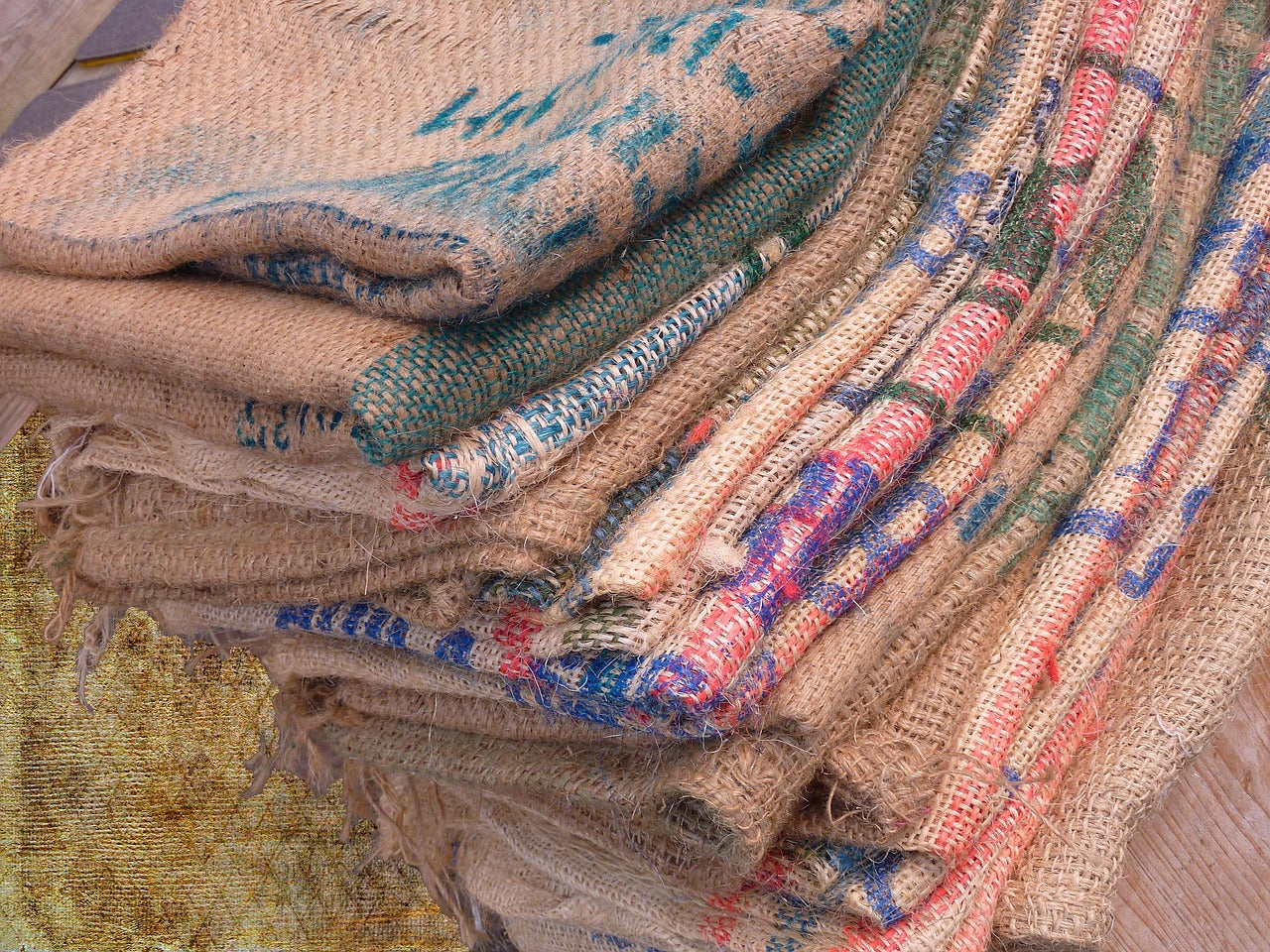
Decaf but Functional: What Decaf Mushroom Coffee Is (and Isn’t)
Think decaf can’t energize you? Think again. Here, we explore how decaf coffee infused with functional mushrooms can still deliver focus and clarity—no caffeine required.
Skeptical About Decaf? Functional Mushrooms are Here to Change Your Mind
For many loyal coffee drinkers, “decaf” has long carried a reputation for being “pointless”—a weaker version of the real thing without the energy boost. These days, that same skepticism can extend to decaf mushroom coffee. If it doesn’t have caffeine, how can it possibly help me feel more awake?
Well, the truth is that decaf mushroom coffee (like our Motherbrew) is real coffee, made from carefully decaffeinated beans and infused with functional mushrooms. However, unlike generic decaf from the grocery store (which often lacks depth), decaffeinated mushroom coffee still delivers energy, albeit in a different way!
When you drink decaf infused with functional mushrooms, you don’t have to brace for any sort of caffeine crash. Instead, the steady lift comes from physiological support, compliments of adaptogenic fungi—benefits increasingly documented in scientific research.
What Is Decaf Mushroom Coffee, Really?
At its core, decaf mushroom coffee is exactly what it sounds like: coffee made from decaffeinated Arabica beans, combined with a concentrated blend of functional mushrooms. Madre Mushroom’s Motherbrew, for example, uses water-processed beans to remove caffeine without solvents or harsh chemicals. This matters for quality-conscious drinkers, since more industrial methods often leave residues or alter the bean’s unique flavor profile.
The result is a brew that tastes and smells like coffee...because it is coffee! The key difference is that instead of leaning on caffeine for alertness, decaf mushroom coffee incorporates adaptogenic fungi as an energy boosting substitute (i.e., lion’s mane, maitake, cordyceps, chaga). These fungi have all been studied for their roles in supporting natural energy, cognitive function, immune balance, and overall metabolic stability.
For those sensitive to caffeine, decaf mushroom coffee offers the full flavor of coffee along with steady, science-backed energy support, without the jitters.
Who Should Drink Decaf Mushroom Coffee?
-
Coffee lovers who want to reduce caffeine but keep the ritual.
-
Professionals or students who need sustained clarity without jittery overstimulation.
-
Nighttime coffee drinkers seeking immune or cognitive support without interfering with their sleep cycle.
-
Anyone curious about functional mushrooms but hesitant to give up the taste of real coffee!
Decaf mushroom coffee preserves the flavor of coffee while shifting the source of energy away from nervous system stimulation. Mushrooms promote effects that are adaptive and supportive rather than stimulatory. That can mean more consistent focus, better resilience against stress, and the added benefits of metabolic balance.
Myth-Busting: “If It Doesn’t Have Caffeine, It Can’t Wake Me Up”
Energy doesn’t always mean stimulation. Caffeine in coffee works by blocking receptors that make you feel tired, but it also spikes cortisol and can increase anxiety in many people.
Functional mushrooms work differently: cordyceps can enhance aerobic capacity, while lion’s mane supports cognitive pathways. Antioxidant-rich fungi like chaga and turkey tail reduce oxidative stress that drains energy over time. So, instead of a quick jolt (think: a shot of espresso), drinking a cup of decaf mushroom coffee means clearer focus and steadier endurance, all with the same great coffee flavor.
Functional, Flavorful, and Surprisingly Energizing
When you add fungi to the mix, decaf isn’t pointless. In fact, many of the benefits of adaptogenic mushrooms accumulate gradually, so the effects often become clearer after a week or two of drinking a cup (or two) each day. So, the more you sip, the better you’ll feel.
Curious about decaf? Madre Mushroom’s Motherbrew Decaf brings together six functional mushrooms for a cup of joe that’s far gentler on the nervous system but rich in natural, mushroom-fueled energy.
References:
Bell, Victoria, Palmen Dimitrov, and Tito Fernandes. “Supporting Neurologic Health with Mushroom Nutrition.” Nutrients 17, no. 9 (2025): 1568. https://doi.org/10.3390/nu17091568.
Chugh, Rishi Man, et al. “Fungal Mushrooms: A Natural Compound With Therapeutic Applications.” Frontiers in Pharmacology 13 (2022): 925387. https://doi.org/10.3389/fphar.2022.925387.
Fogarasi, Melinda, et al. “Bioactive Secondary Metabolites in Mushrooms: A Focus on Polyphenols, Their Health Benefits and Applications.” Food Bioscience 62 (2024): 105166. https://doi.org/10.1016/j.fbio.2024.105166.
Hirsch, Katie R., et al. “Cordyceps militaris Improves Tolerance to High Intensity Exercise After Acute and Chronic Supplementation.” Journal of Dietary Supplements 14, no. 1 (2016): 42–53. https://doi.org/10.1080/19390211.2016.1203386.
Pietsch, Arne. “Decaffeination—Process and Quality.” In The Craft and Science of Coffee, 225–243. 2017. https://doi.org/10.1016/B978-0-12-803520-7.00010-4.
Sharpe, Erica, et al. “Comparison of Antioxidant Activity and Extraction Techniques for Commercially and Laboratory Prepared Extracts from Six Mushroom Species.” Journal of Agriculture and Food Research 4 (2021): 100130. https://doi.org/10.1016/j.jafr.2021.100130.
Wu, Katrina. “Where Does My Decaf Come From?” Illumin Magazine, December 10, 2010. https://illumin.usc.edu/where-does-my-decaf-come-from/.
Image credit:
Photo by moritz320, via Pixabay. Licensed under the Pixabay Content License.